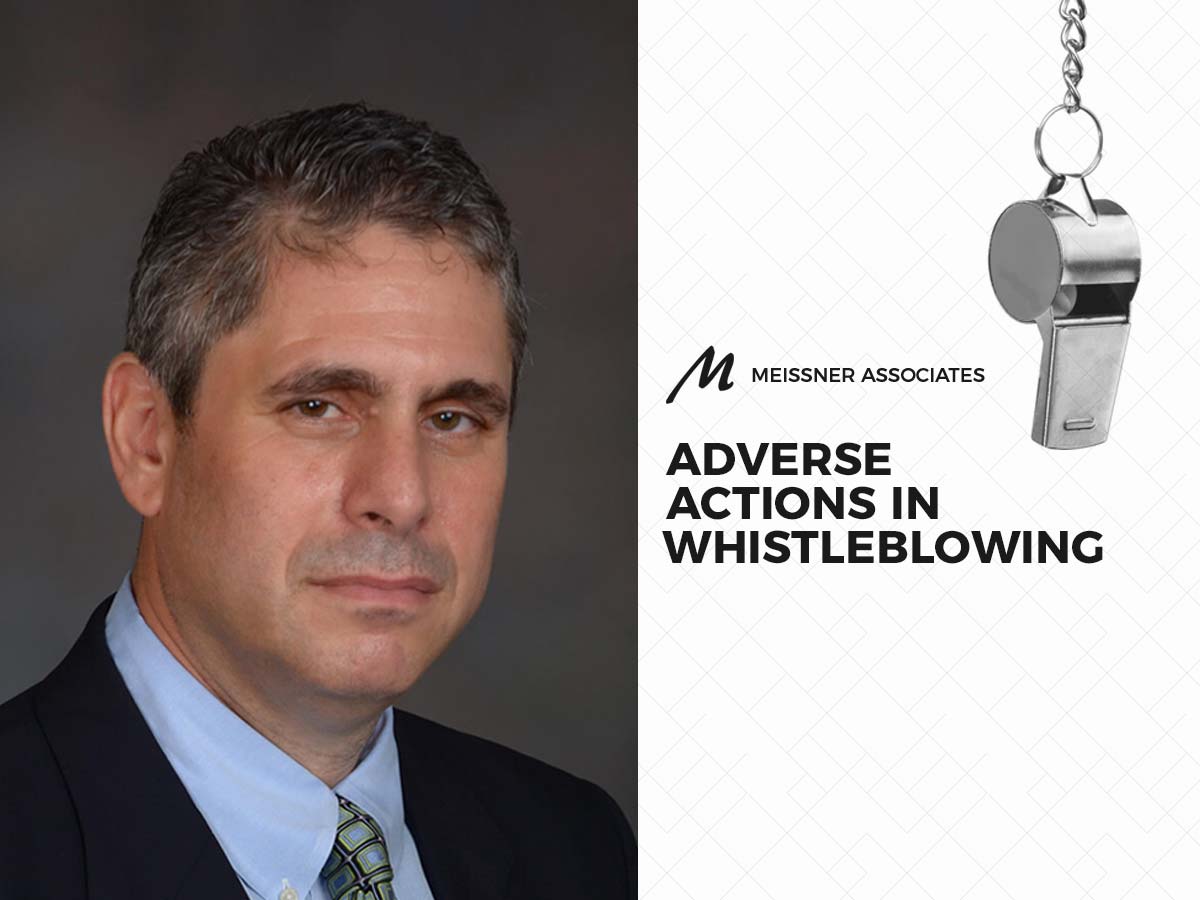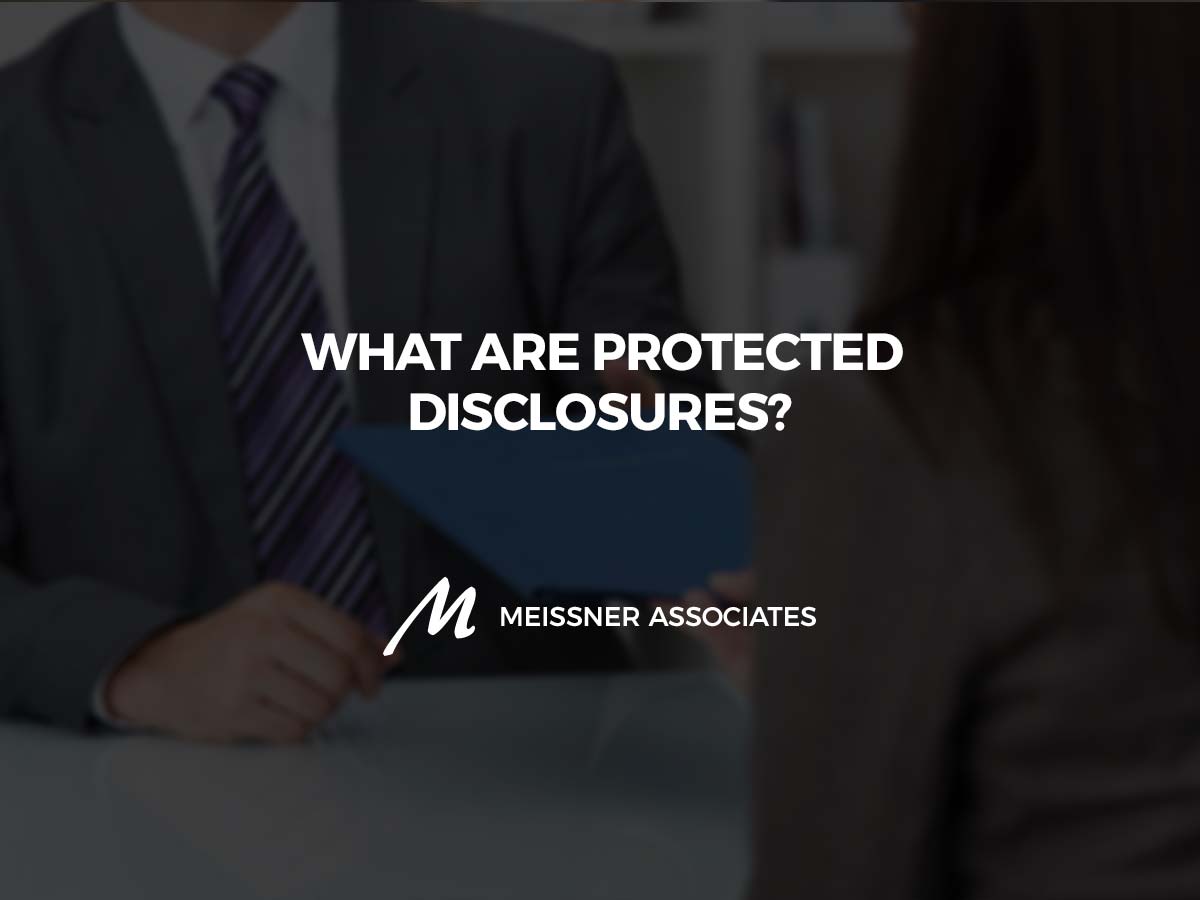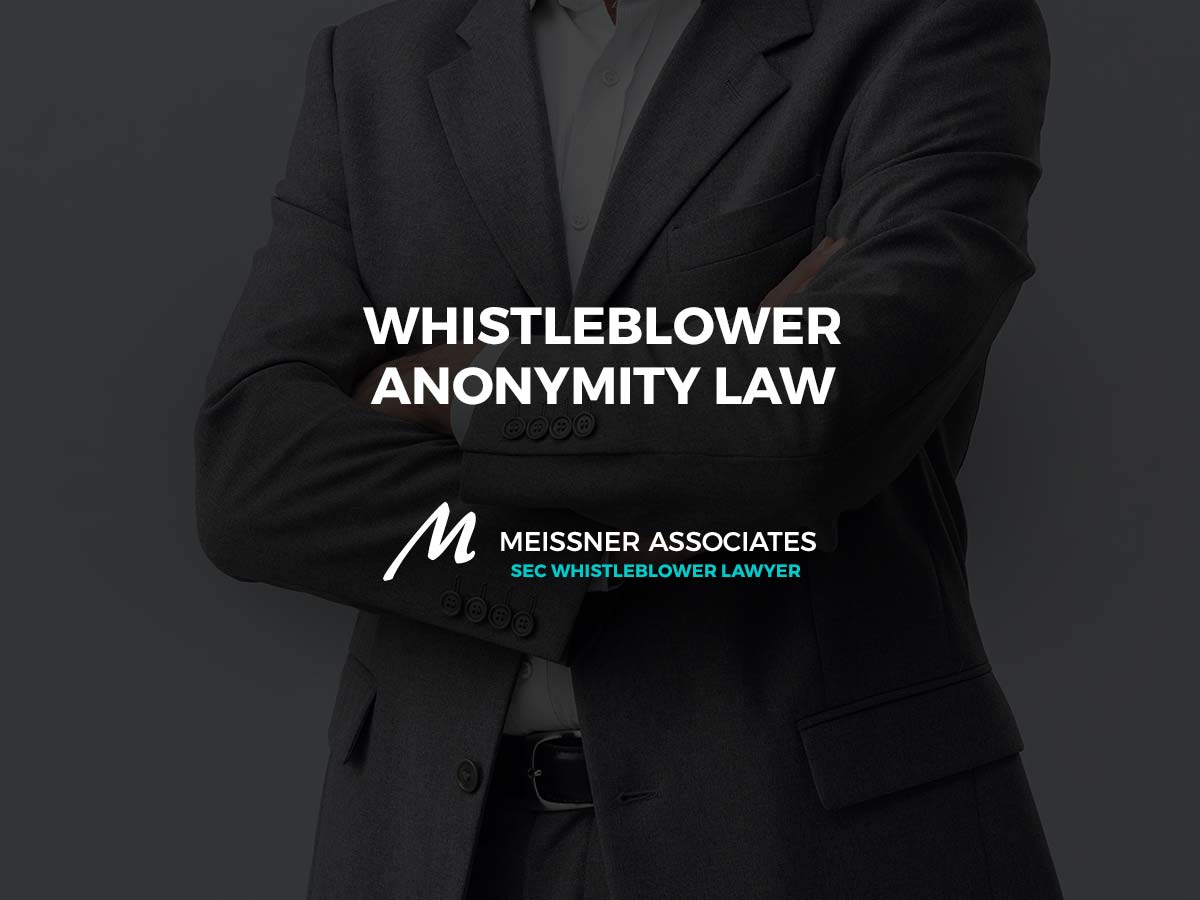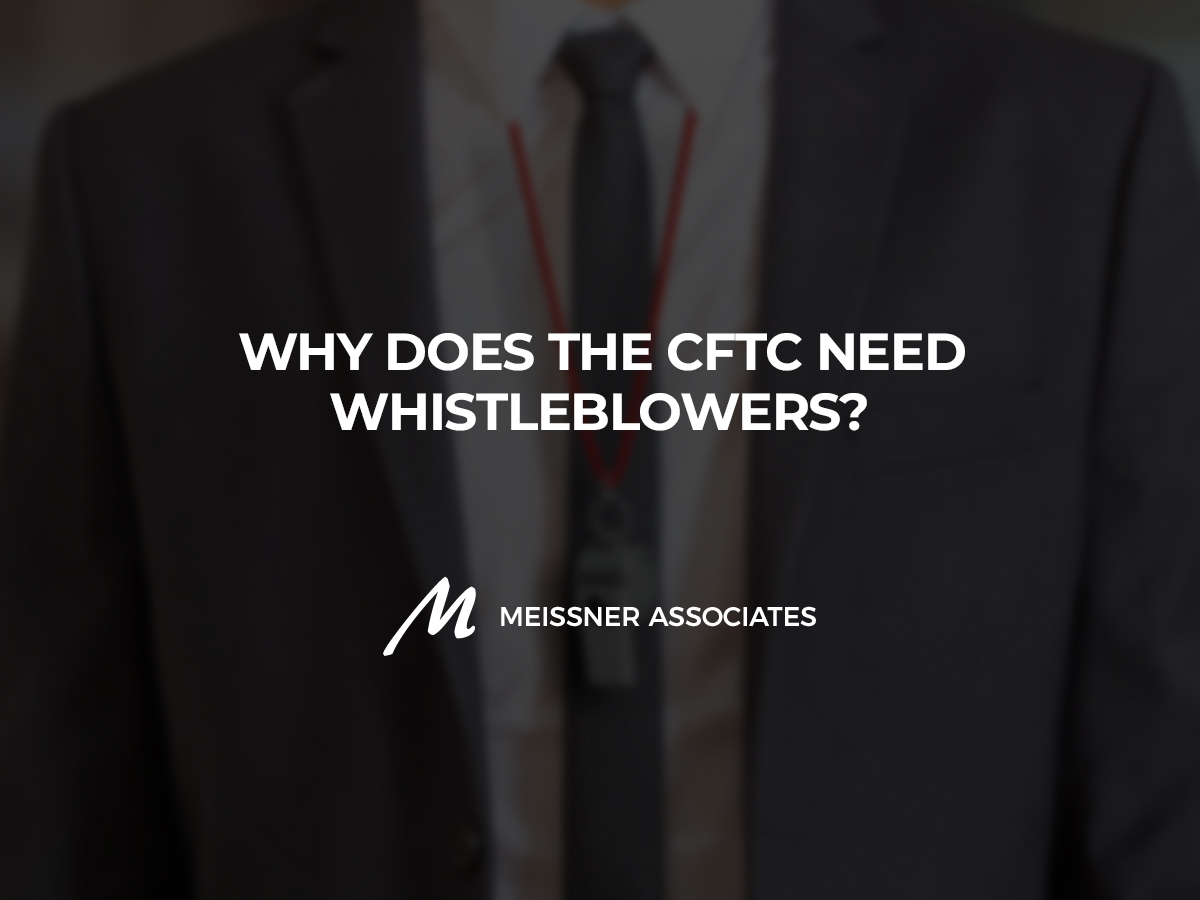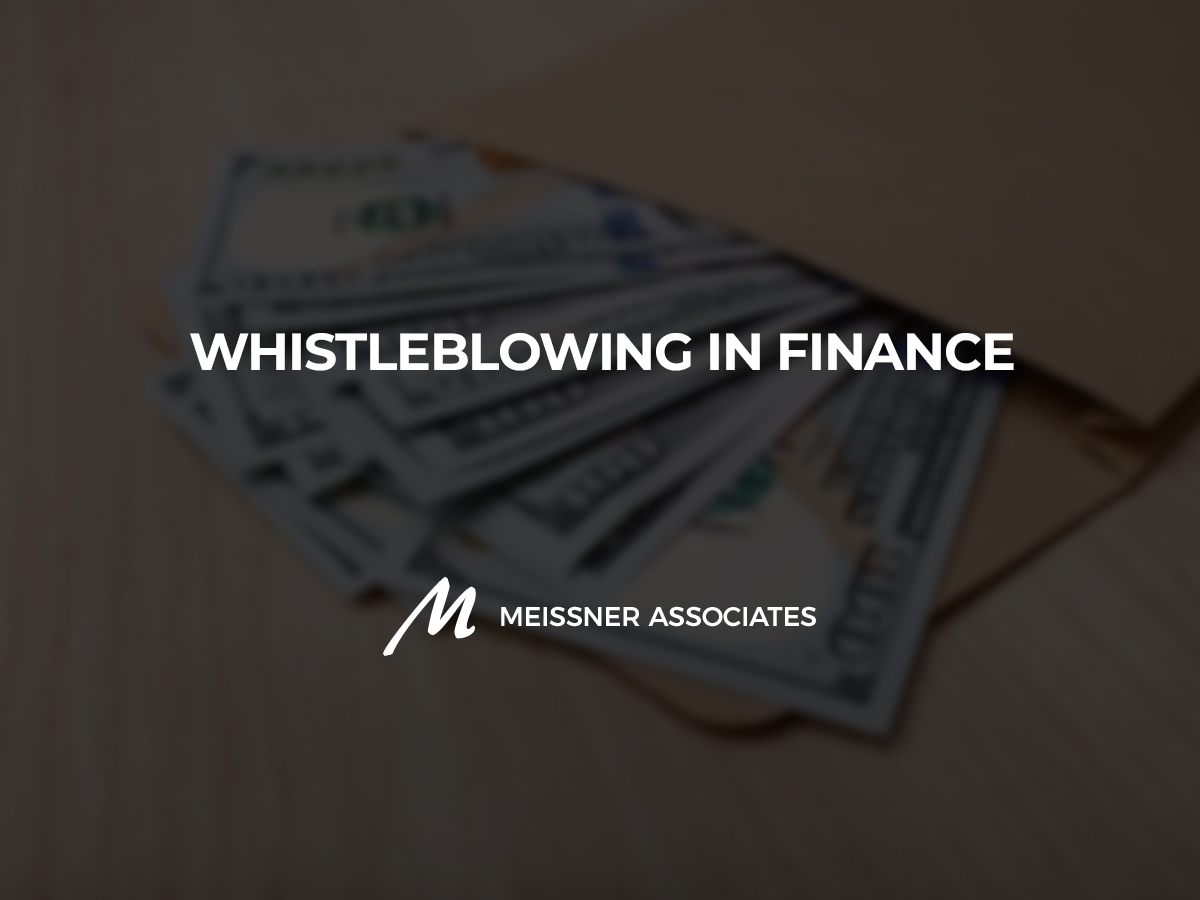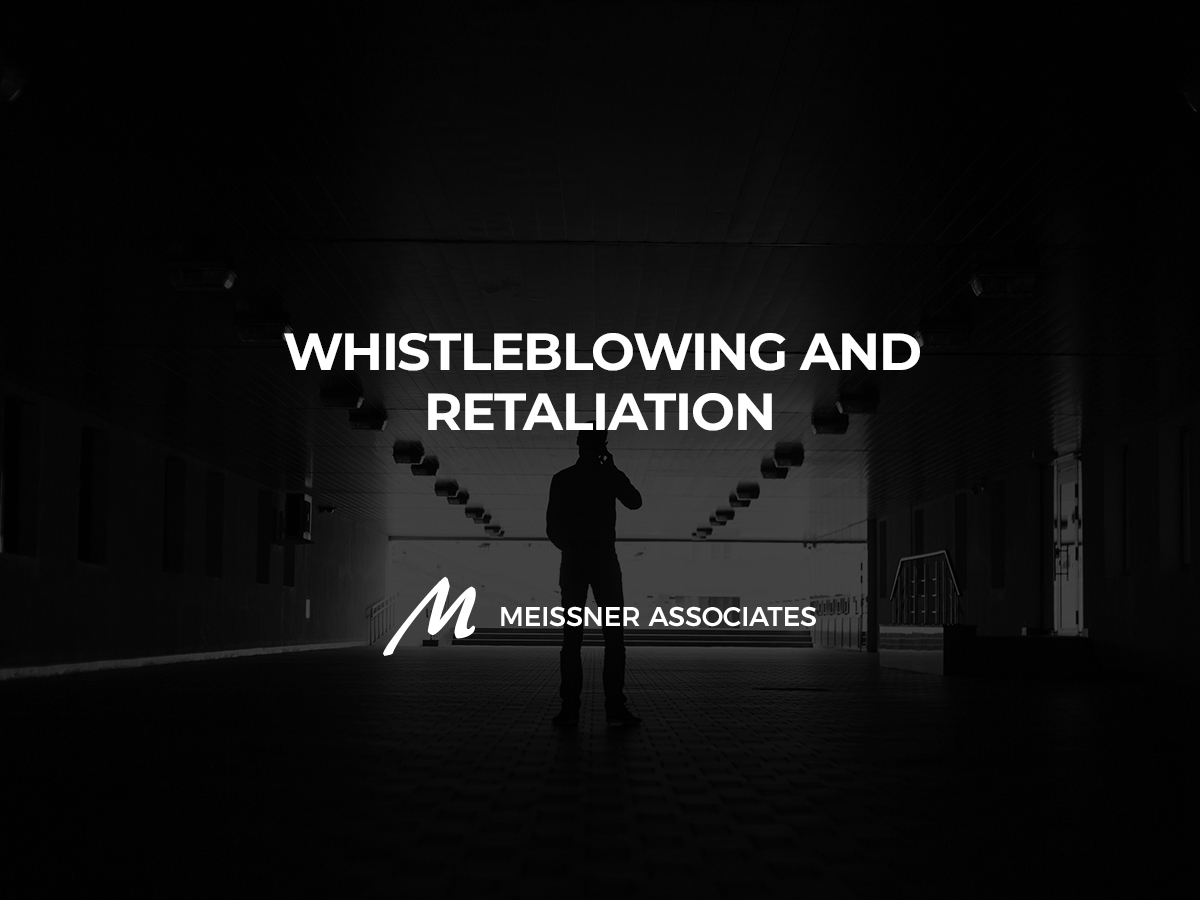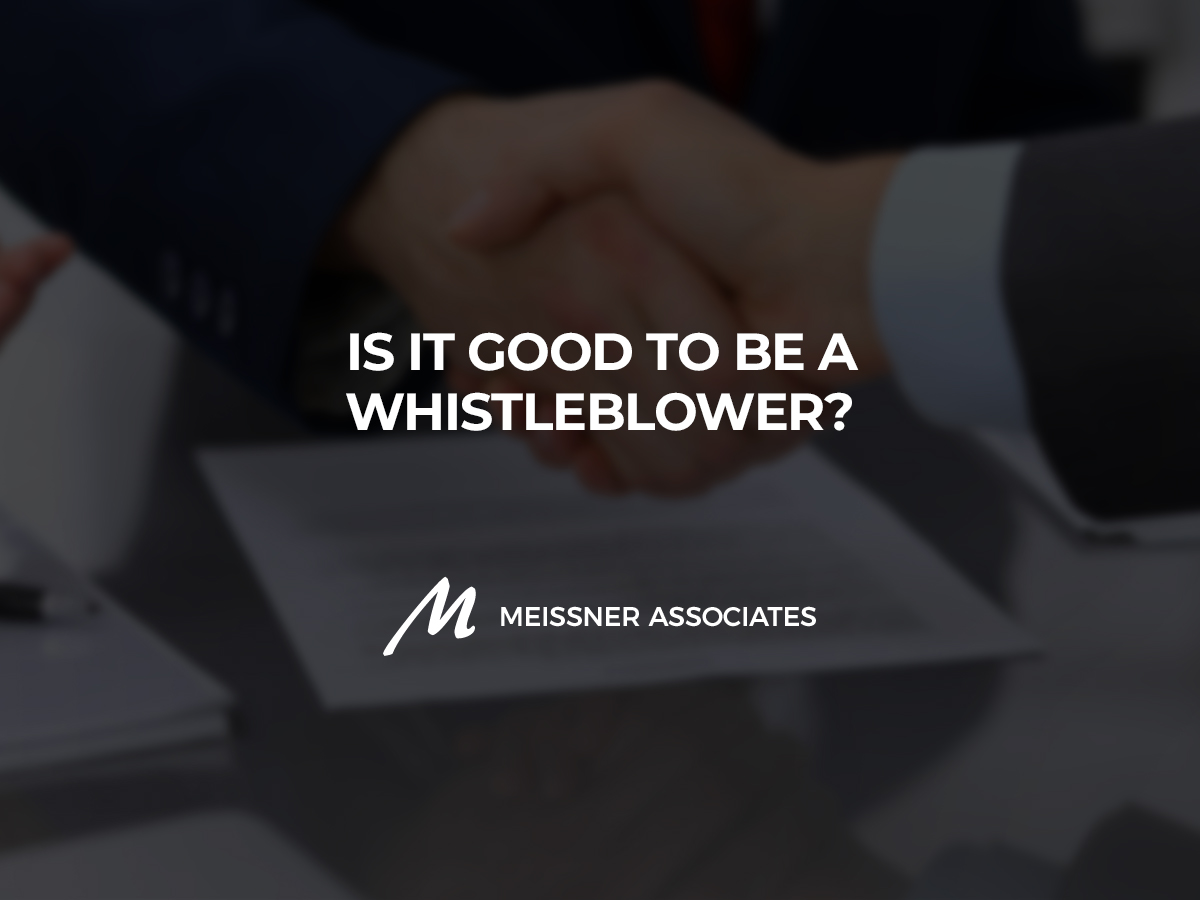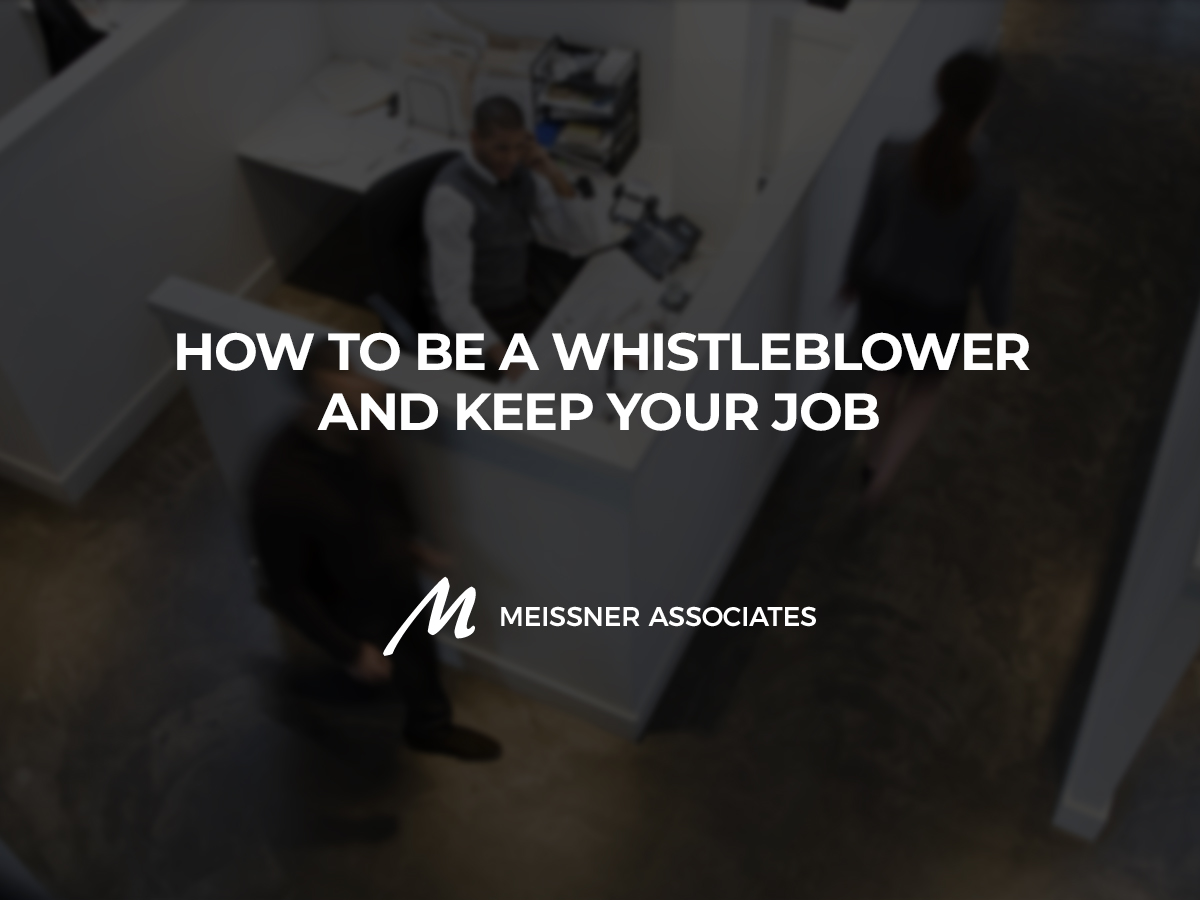Stock prices can shift rapidly, depending on the current market. Still, an investment advisory firm should provide you with the most up-to-date information and the best strategies for your finances.
Unfortunately, a recent client discovered what happens when one of these groups is careless.
Our firm worked hard for this client, and in the end, we secured an $800,000 settlement for the client, helping her recover what was lost due to negligence, misconduct, and a breach of fiduciary duty. Here’s how we handled our client’s case and what you may need to know if you’re in a similar situation.
Breach of Duty for Client
In 2019, our client began speaking with Pinnacle, an investment firm. She became a client after being recommended by Charles Schwab, a firm our client had worked with since 2017. Our client had thousands of shares in Apple, which made up the majority of her Roth IRA. This was a part of her income she relied on, along with a small pension and her Social Security benefits.
Our client stated to the firm that she didn’t want to sell any of these shares in Apple, and she didn’t want to risk losing these shares. She was assured that the tactics they would use to help her retirement account and that she wouldn’t need to worry about any potential risks to her Apple shares.
Unfortunately, our client was misled. In an act of negligence and a breach of their fiduciary duty, Pinnacle failed to notify her about issues with their plan for her finances. Eventually, our client was forced to move her assets to another firm and was forced to sell more than $420,000 worth of Apple shares.
Pursuing Compensation in Court
Once our client first complained about the investment losses she was facing, Pinnacle and Charles Schwab both ended their client-firm relationship with her. After these losses, our client took action, filing a case with the guidance of our law firm.
After eighteen months, our efforts paid off. A three-person Financial Industry Regulatory Authority (FINRA) arbitration panel decided in our client’s favor. $800,000 will be paid for the investment losses suffered. That includes more than $436,000 paid to recoup the losses our client suffered, with interest.
Discuss Your Financial Losses with an Attorney
When you trust your financial security to an investment firm, you shouldn’t have to worry about the safety of that investment if you choose not to risk your funds. You should remain in control and knowledgeable about your money. Unfortunately, some investment firms may take undue risks without warning you or giving you the chance to say no.
Our team at Meissner Associates is ready to help you recover from lost assets when an investment firm damages your financial situation. If you’re facing economic issues because of your investment firm’s decisions, our office offers consultations, so you know what to expect before you choose to file a claim.
Ready to speak with a lawyer? Reach out for answers by calling 1-866-764-3100 or filling out the online contact form below.
